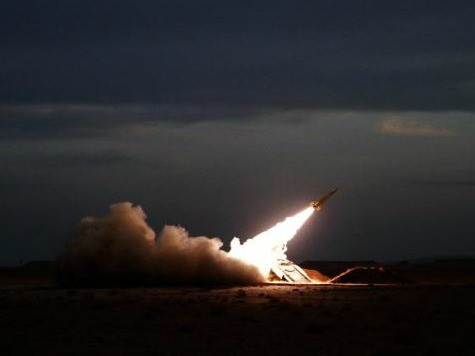Israel’s National Security Adviser Yossi Cohen and Intelligence Minister Yuval Steinitz will travel to Washington over the weekend to press Israel’s concern about a “bad” nuclear deal with Iran, reports The Jerusalem Post. The Islamic Republic and the western powers are set to resume nuclear talks on Wednesday.
Israel’s high-level visit coincides with Prime Minister Binyamin Netanyahu’s stepped up campaign to convince the leaders of the P5+1 – the US, Russia, China, Germany, France and Britain – that no deal with Iran is better than a bad deal. The parties are less than a month away from their self-imposed July 20 deadline for brokering an agreement on Iran’s nuclear program.
Netanyahu spoke to Russian President Vladimir Putin on Wednesday, and is scheduled to talk to the leaders of the other P5+1 countries in the coming days. Steinitz, after going to Washington, is scheduled to continue on next week to London and Paris.
The recent collapse of the Iraqi army and the Islamic State in Iraq and Syria’s (ISIS) rapid blitz through Iraq have left officials in Jerusalem concerned that the US may be dangerously more accommodating toward Iran because it will want Tehran’s assistance in dealing with the situation in Iraq. America and Shiite Iran have some overlapping interest in stopping the radical Sunni ISIS advance.
Netanyahu articulated this concern earlier this week in a Jerusalem speech, saying “if there is one message that needs to be put out today, it is not to let Iran, on the sidelines of this conflict in Iraq, have nuclear weapons capability because sooner or later – and it’s sooner rather than later – they’ll have atomic bombs.”
Netanyahu said he fears that the deal being negotiated with Iran involves allowing Iran to keep nuclear capabilities, coupled with some inspection, rather than dismantling and removing that nuclear capability.
This is “very different,” he warned. “In other words, most of the sanctions would be lifted from Iran and most of the capability would be left in Iran. Bad. Exceedingly bad, exceedingly bad and dangerous for the future of the world.”
Steinitz told Israel Radio that Israel’s efforts are geared at ensuring that “if there is an agreement it will be good, or at least reasonable, one that will not allow the Iranians to remain a nuclear threshold state, [one] based on the Syrian and Libyan models.”
In Libya, Steinitz said, the centrifuges in its nuclear program were dismantled and removed, and in Syria most of the machines used to mix chemical weapons were also removed.
“Our position is that an agreement needs to be based not only on supervision and verification, but on dismantling infrastructure,” he said. “I hope that will be the final result, I can’t promise that, but we are doing everything to explain and convince.”

COMMENTS
Please let us know if you're having issues with commenting.